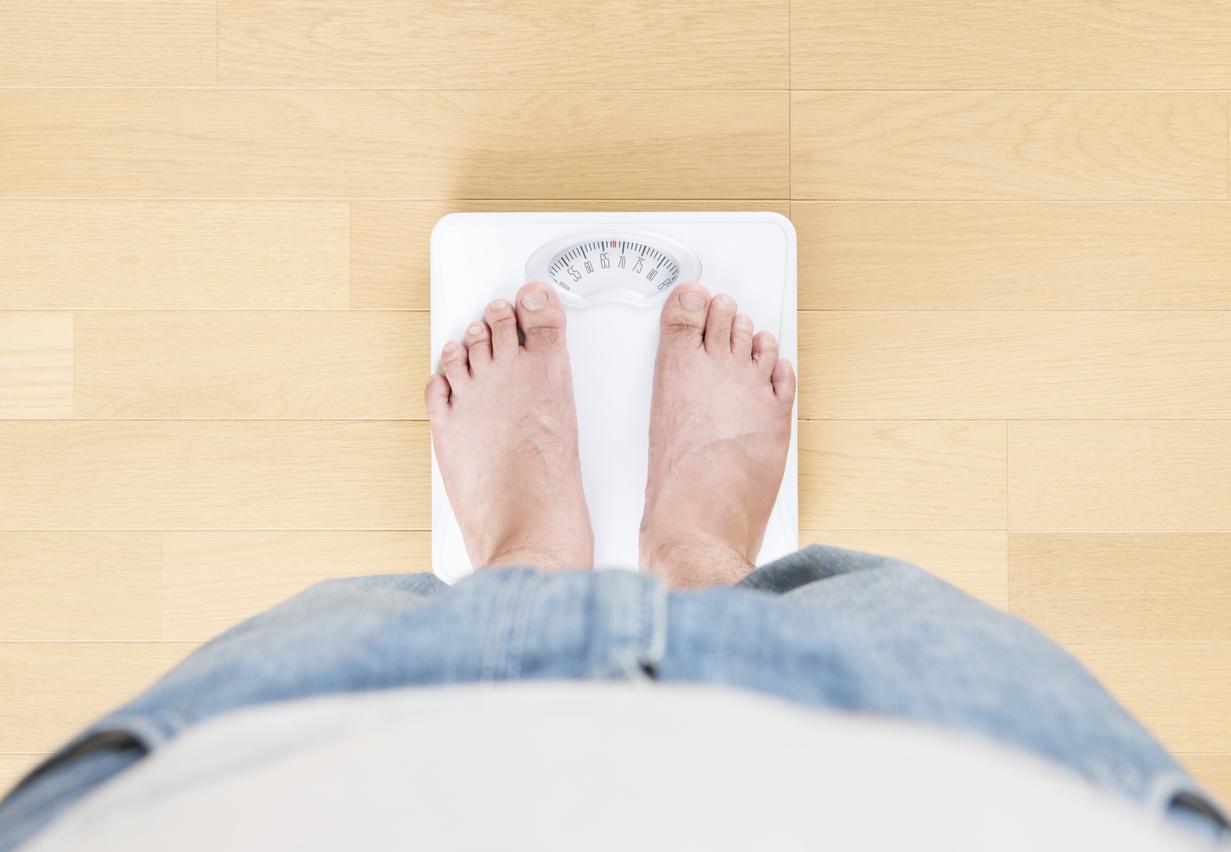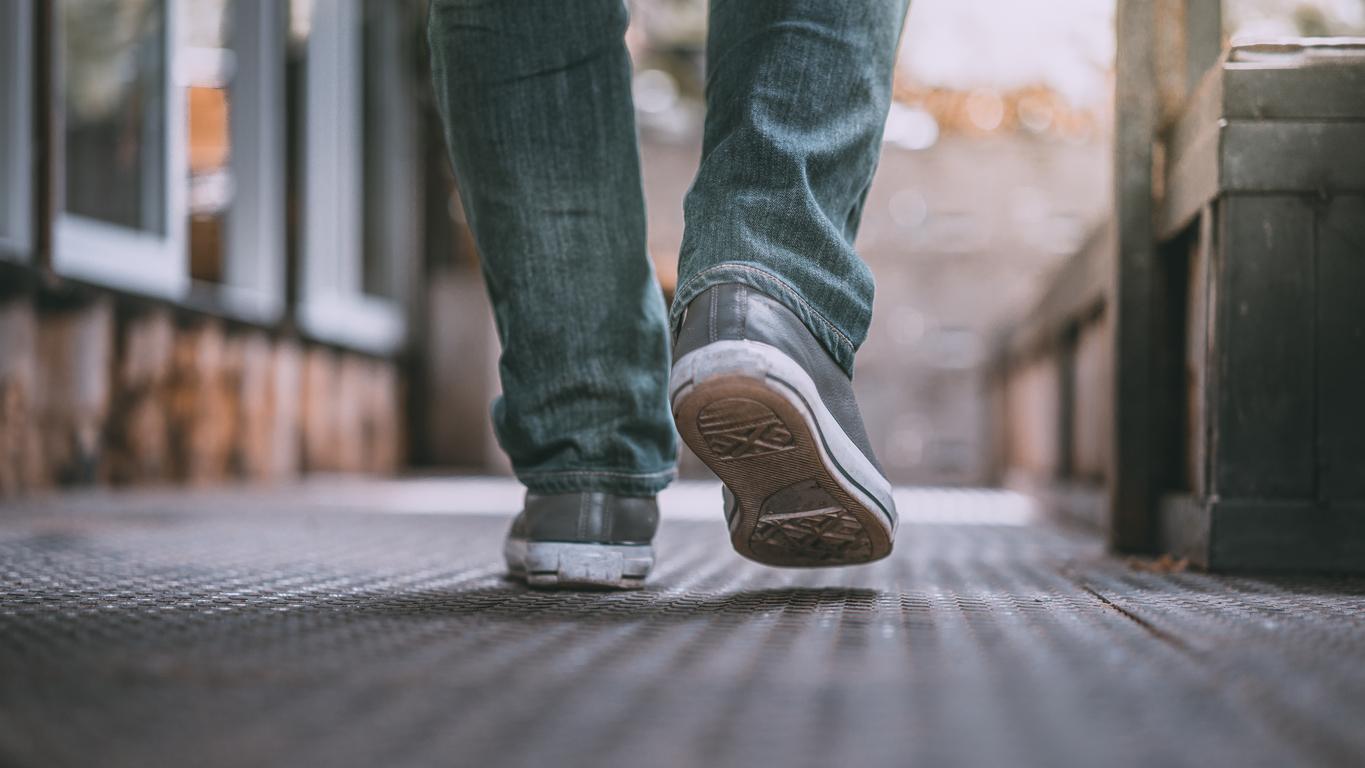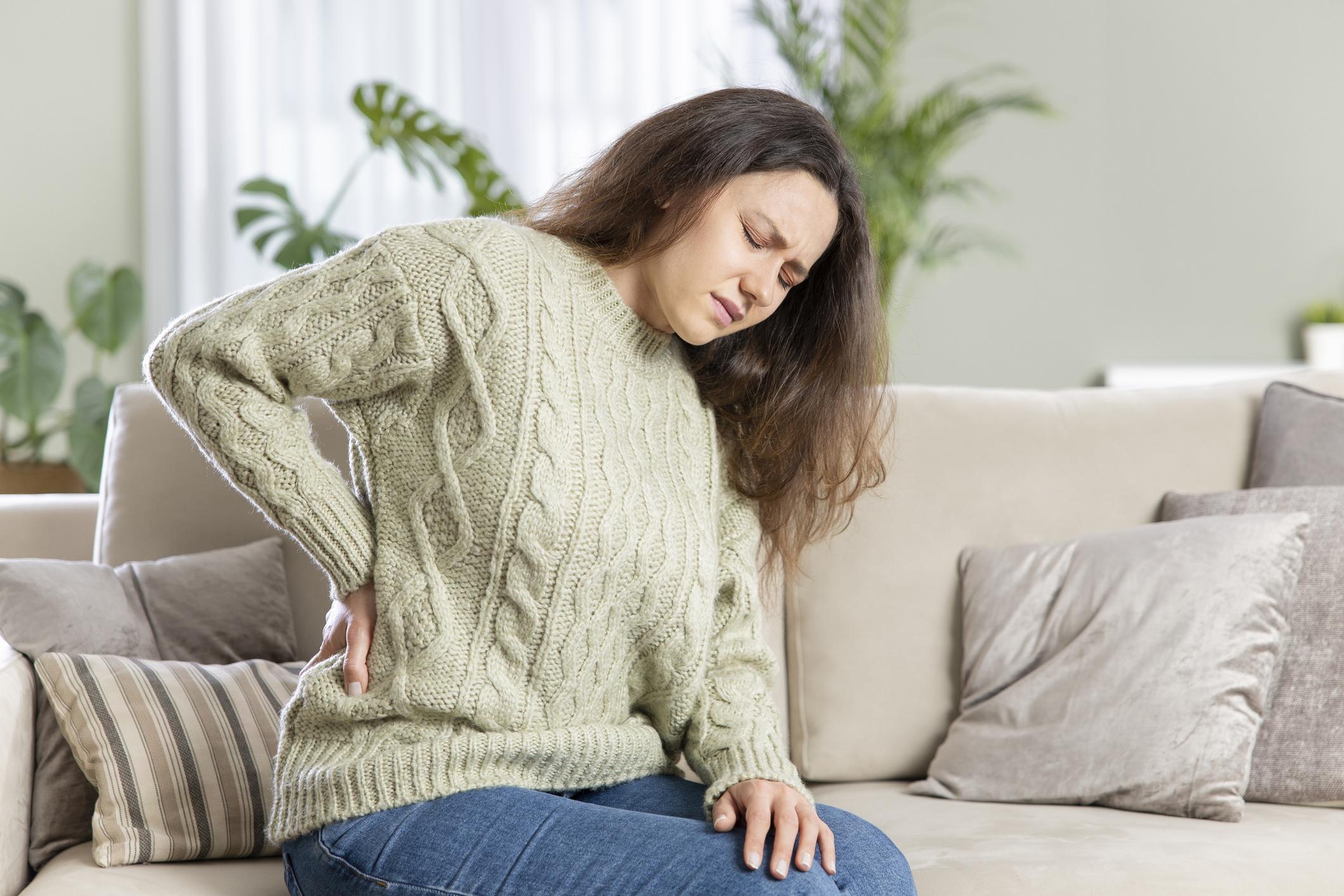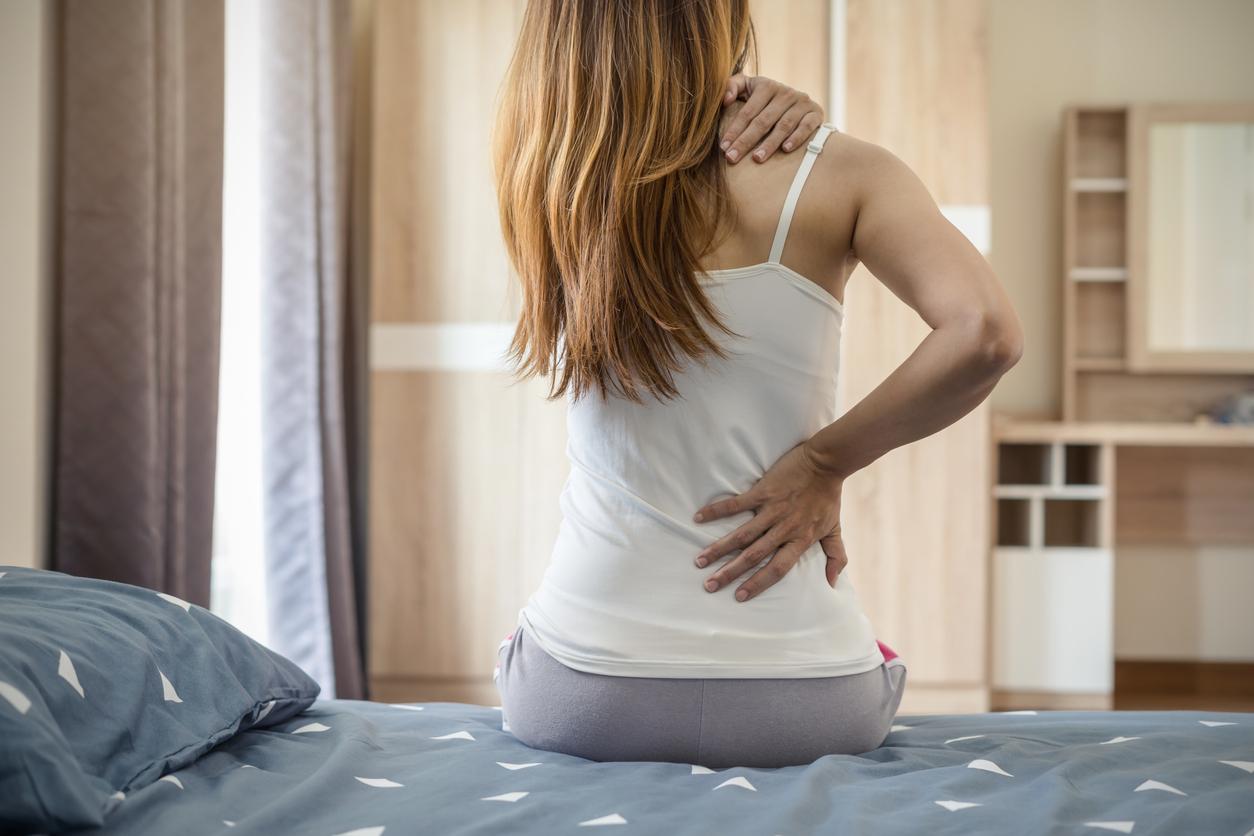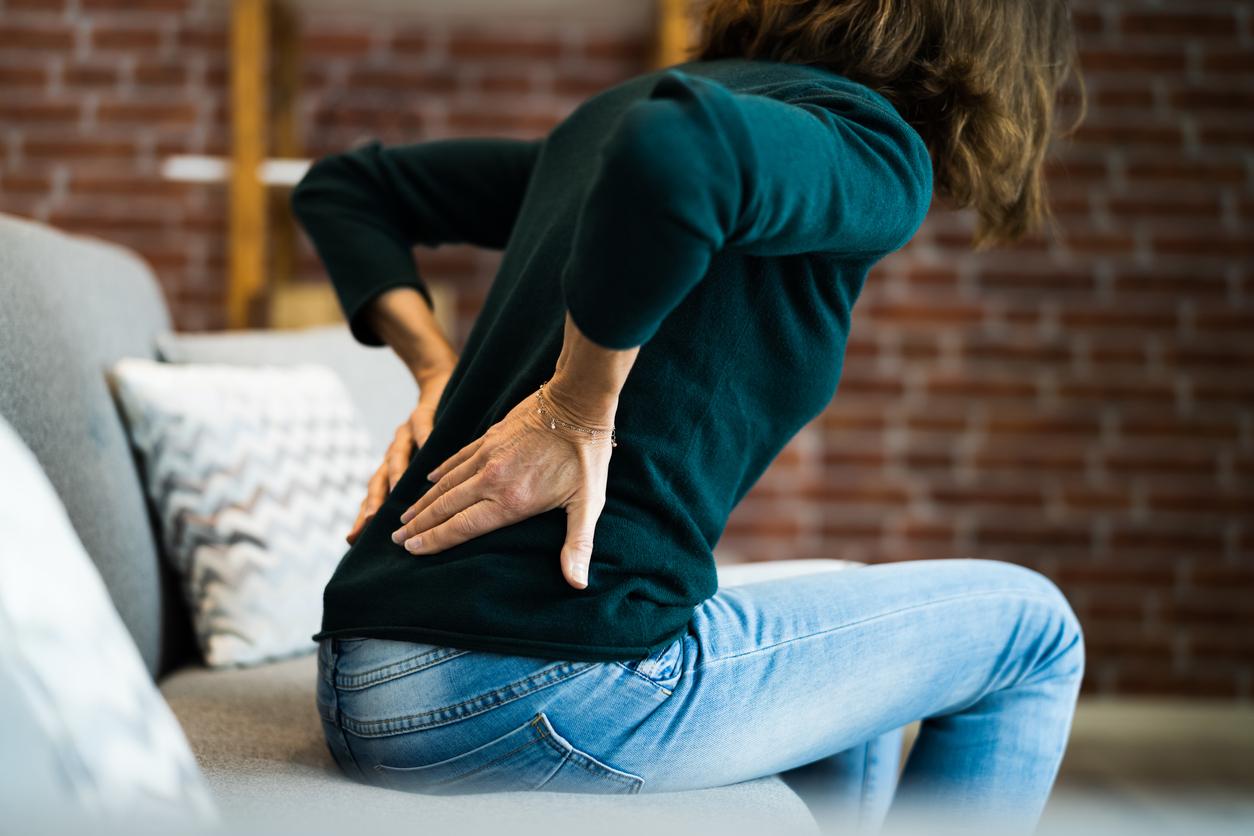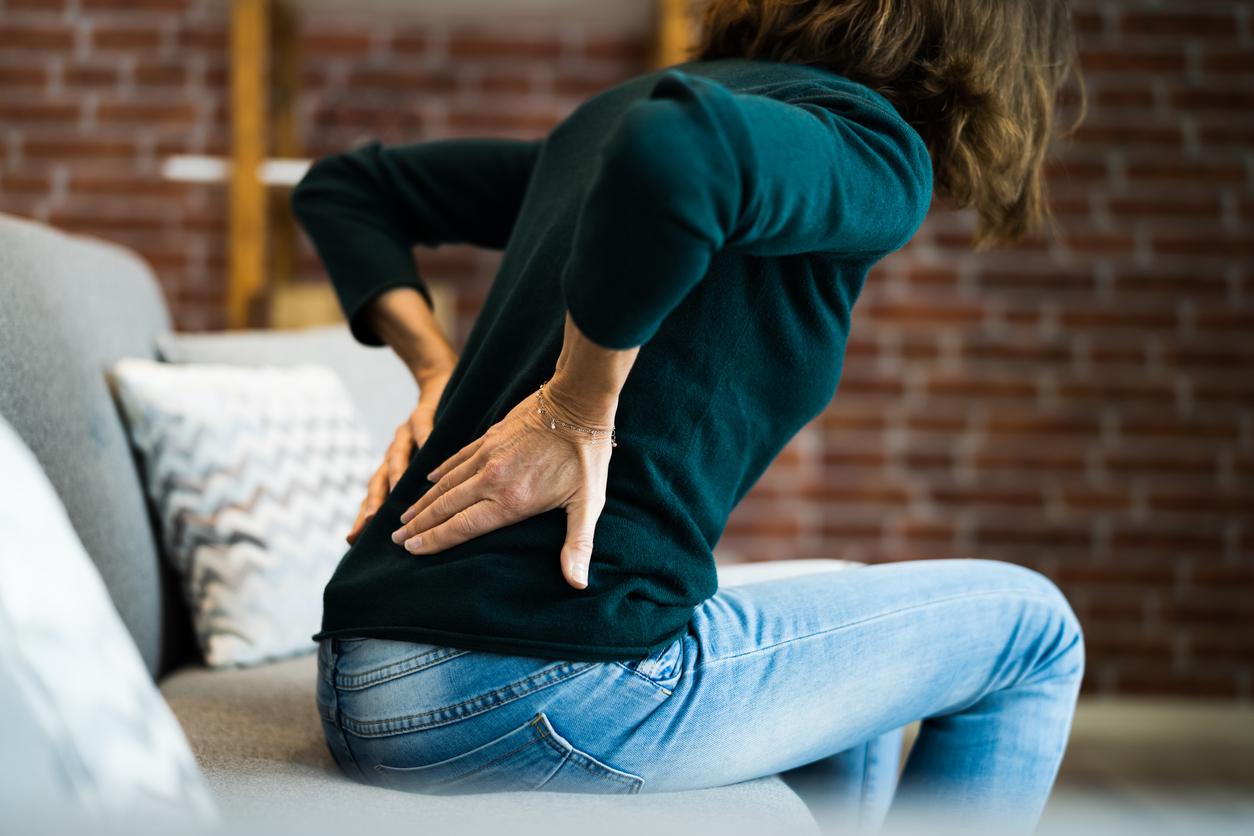Chronic back pain is not inevitable. A European campaign has been launched to raise awareness of the importance of diagnosing and treating it.

- 1 in 5 Europeans has had back pain for more than 3 months
- 61% of people feel older than they are
- The campaign offers a 5-point questionnaire
Back pain doesn’t only happen with age. A tenth of the population is affected by low back pain. Treating this pain, but especially its cause, is important. This is why several associations have launched a prevention campaign: Don’t turn your back on it. This year, the focus is on young people thanks to a campaign that aims to be “digital and offbeat. “
5 questions to know
More than 1,300 pharmacies have joined forces with the AbbVie laboratory and the AFLAR (1) and AFS (2) associations. In pharmacies and online, a 5-item questionnaire is proposed. It helps to determine if a medical consultation is necessary. Added to this is intensive communication on social networks Facebook and Twitter that targets young people. Indeed, a third of college students and half of high school students complain of back pain. In Europe alone, one in five people have lived with low back pain for at least 3 months.
Watch the campaign clip:
#Easter #DoOf : this Sunday, remember to spare your back when you hunt your eggs 🙂 pic.twitter.com/BcxJezGP0Q
– NeLuiTournezPasLeDos (@TournezPasLeDos) April 5, 2015
#DesFaitsQuiFontFontFontDansLeDos: back pain affects more people than you might think. Answer the 5 questions if you feel concerned: http://bit.ly/1EAhpml #NLTPLD
Posted by Don’t turn your back on him we Monday, March 30, 2015
Consequences on daily life
Despite recurring pain, 41% of Europeans think it will go away without intervention. This is the result of a Harris Interactive survey (3) carried out for AbbVie in 2014. They are as much to consider that it is better to treat the symptoms than to seek the causes with a doctor. Low back pain and back pain have a concrete impact on the daily life of 59% of those surveyed. Because of the pain, many of them feel older than they actually are.
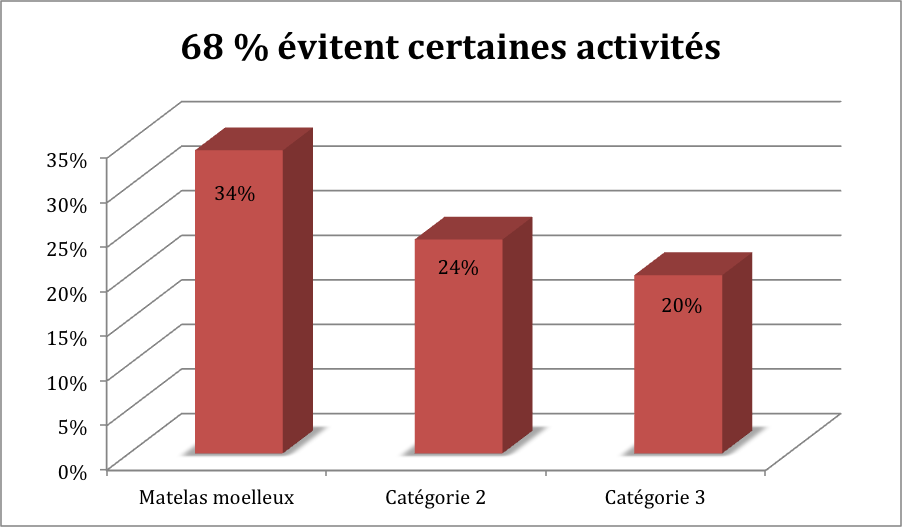
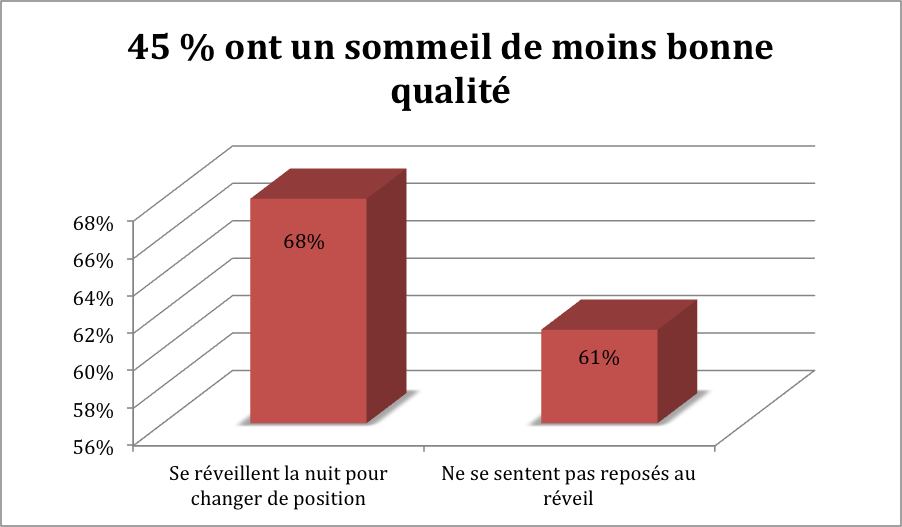
Thus, a quarter of respondents need help with daily tasks. The various back pains however benefit from adapted treatments detailed on the site of the campaign: osteopathy, drugs, physiotherapy, hygiene of life …
(1) AFLAR: French association for the fight against rheumatism
(2) AFS: Association France Spondyloarthritis
(3) Survey carried out in September 2014 among 4,066 adults (18 years old) suffering from chronic back pain for more than 3 months and living in the United Kingdom, France, Italy and Spain.
.










